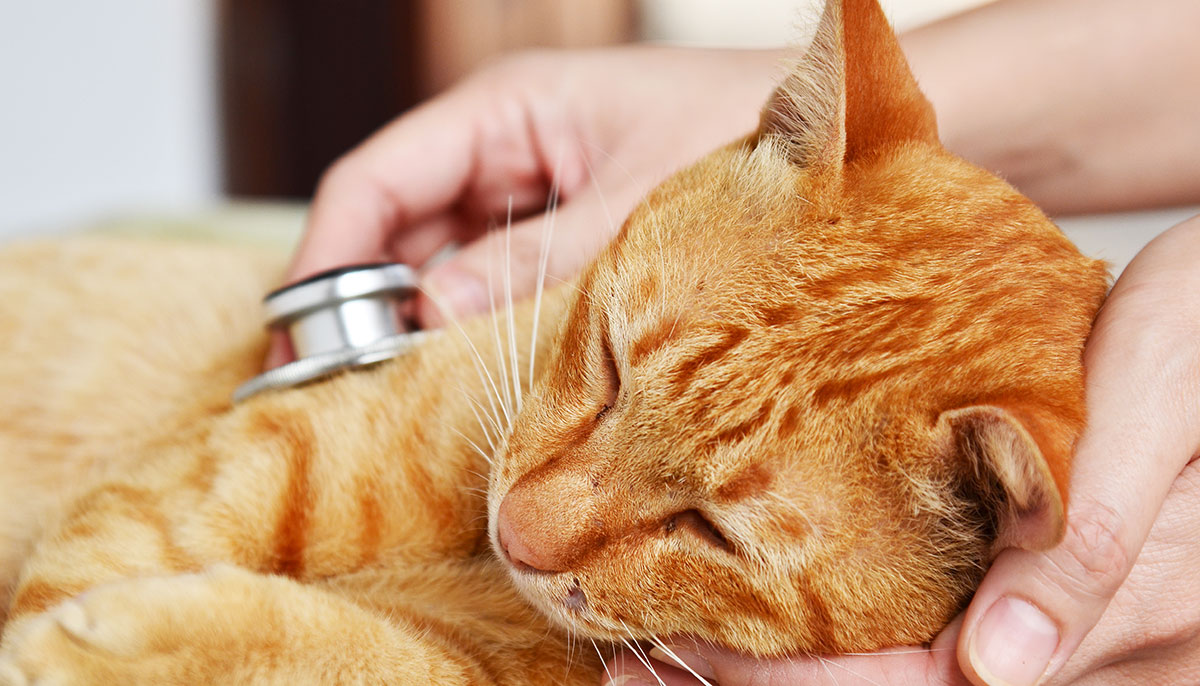As the flu spreads from person to person, canine influenza can spread from dog to dog. Symptoms can vary in severity, and the care that your dog needs can change, too. Since canine influenza is contagious, it is essential to learn about this disease to minimize your dog’s risk.
What Is Canine Influenza (The Dog Flu)? Canine influenza, also called dog flu, is caused by a virus. Two viral strains affect dogs: H3N8 and H3N2. These viruses differ from the seasonal flu viruses that affect people yearly. Dogs infected with either strain of the dog flu often experience a respiratory infection. Symptoms Of Canine Influenza Canine influenza symptoms are similar to kennel cough symptoms. Pups with dog flu may have the following:
While most dogs recover from the flu without issue, canine influenza can be fatal in less than 10% of affected dogs. How Do Dogs Get Canine Influenza? Dogs get canine influenza when they come into contact with the flu virus. Canine influenza is very contagious. It can quickly spread from one infected dog to another through sneezing and licking. It can also be spread when a dog comes into contact with the virus on contaminated surfaces, like food and water bowls. Can Canine Influenza Be Spread To Cats Or People? There is no evidence that dogs can transmit the virus to humans. But there is evidence that dog flu can be transmitted from a dog to a cat, but it is rare. If cats get dog flu, they typically experience a mild form of the virus. How Do Vets Test For Canine Influenza? A respiratory test using a nasal swab can confirm if your dog has canine influenza. Confirming your dog’s diagnosis allows your vet to recommend the best treatment. How Is Canine Influenza Treated? Just like humans with the flu, dogs with canine influenza need lots of fluids and rest. Since canine influenza is a virus, many dogs recover without medical intervention. Canine flu can often be treated by supportive therapy or antibiotics. In rare cases, it results in hospitalization or oxygen treatment. Dogs with canine influenza may develop pneumonia and may need to be hospitalized. You should call your vet immediately if your dog is unusually lethargic, stops eating, has difficulty breathing, or seems to breathe unusually quickly. How Long Does The Dog Flu Last? Most dogs recover from the dog flu within two weeks. But your dog can still be contagious for up to 4 weeks after getting the flu. If you have other dogs or cats at home, you must keep them isolated for four weeks. This precaution can help to prevent them from spreading the flu to other pets. If you have multiple dogs in your home, clean and disinfect objects your sick dog has come into contact with, like food dishes. Anyone who comes into contact with your dog should also wash their hands with soap and water to avoid spreading the virus to other dogs. Vaccinating Your Dog Against Canine Influenza Vaccination can help protect your dog from canine influenza. Currently, the influenza vaccine is considered an optional, non-core vaccine for dogs. Your vet can help you to determine your dog’s risk factors for contracting canine influenza so you can decide if it Is right to vaccinate your dog. Since dog flu is transmitted by dogs who come into contact with each other, dogs who visit communal areas are at an increased risk. If your dog visits the following locations, definitely discuss their lifestyle and risk with your vet:
Canine Influenza Vaccine Side Effects Like other vaccines, the canine influenza vaccine can cause side effects. These are usually mild and temporary. Common vaccine side effects in dogs include:
0 Comments
Your comment will be posted after it is approved.
Leave a Reply. |
Archives
May 2024
|

